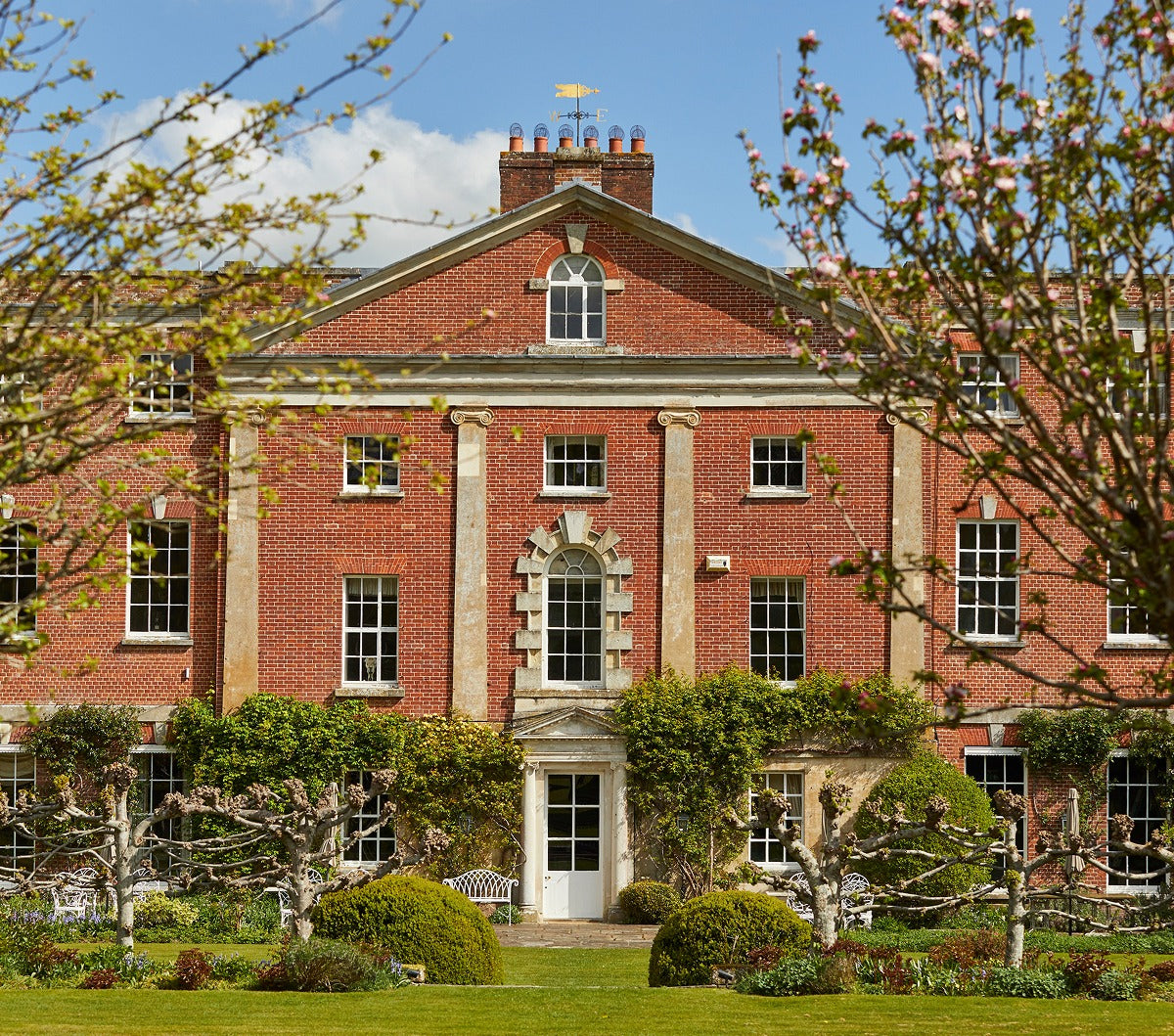Regenerative viticulture: What it is and why it’s fundamental to our sustainability values
We have many goals as a business, but one of the most important to us is to be a wholly sustainable winemaker. This isn’t without its challenges, but with some talented people working for us and some clever ways of winemaking, we are making strides to not just being a sustainable business, but a regenerative business.
One of those clever people is Simon Porter, who has been working at Penn Croft farm for over 40 years. As an ardent advocate of regenerative agriculture, he’s helped to find a better way to manage the environment around us through conservation and protective methods and practices.
We spent some time talking to Simon about what we’re doing at Penn Croft and how it helps us be a sustainable and regenerative wine brand now and long into the future.
How are Penn Croft applying regenerative viticulture to the winemaking process?
Regenerative viticulture is so much more than sustainability. The word ‘sustainability’ certainly isn’t a bad one, but it only really covers the basics. Regeneration is a step forward, and covers areas such as restoring soils, introducing other species of plants between and underneath our vines, while closely monitoring our soil biology.
The roots of these new species provide food for the invisible bacteria and fungi that makes the soil so rich and fertile, as well as breaking up any ground that’s previously been compacted from machines. A careful choice of species will complement the vines by providing food that is beneficial to insects found around the vineyard.
Once these new plants have done their work, they will decay and are drawn into the soil by earthworms, bringing extra organic matter to the soil.
And finally, our plants increase the amount of carbon that the surface area of our vineyard can absorb from the air, before storing in the soil.
Why is sustainability and regeneration important to you and the team?
My particular goal is to see the environment at Penn Croft restored to what it was 100 years ago. We would love to see large flocks of birds feeding on our fields, a great number of insects, along with a wider variety of species and plants to support this diverse, healthy environment. Healthier soil also provides a great opportunity to grow more food around the vineyard, and to grow it well.
Ben and I both champion this approach to viticulture, with a firm belief that we can produce wine that is fine in taste with the least amount of intervention by man and chemicals.
What role can winemakers play in making the food and drink sector more sustainable?
This is really a question. Every decision throughout our whole process must be scrutinised and I believe that should be the same no matter the sector. From processing and storage to water use, power supplies, and waste, not to mention packaging. It should all be carefully considered so as to drive down harm to everything around us.
Does the UK climate present any challenges to being a regenerative business?
Yes, our temperate maritime climate means that we have more moisture and humidity in the air which can not only lead to an increase in fungal diseases on the vine, but a more prolific weed burden in the soil.
What does the vineyard of the future look like when it comes to thinking about climate change and environmental impact?
The vineyard of the future could be vines that have been carefully bred for surviving in dry weather, while also bred to withstand fungal diseases. There are already some vines being marketed for this and they are called ‘Piwis’. Whether they can produce the same taste and quality is a whole other story. However, it is a great start.
In the meantime, we need to see vineyards that have diverse species, better air movement and soil that can withstand drought or flooding through judicious use of cover crops. Introducing animals to graze and manure vineyards can also be part of the future and also a fun perk to the job too.
Lastly, who inspires you when it comes to sustainability and regenerative farming?
There are several international growers and farmers who have been on this regenerative road for up to twenty years already. By hearing them speak or visiting their farms, I am always inspired by regenerative efforts throughout our sector, especially when you see the difference it makes to soil and crops. Several names that initially come to mind are Frederic Thomas from France, Gabe Brown and Joel Salatin from the USA and Allan Savory from Africa.
We hope this interview has given you some insight into the effort we’re making to be a regenerative business, and most importantly, why. To learn more about our winery and vineyard, why not give us a visit?


